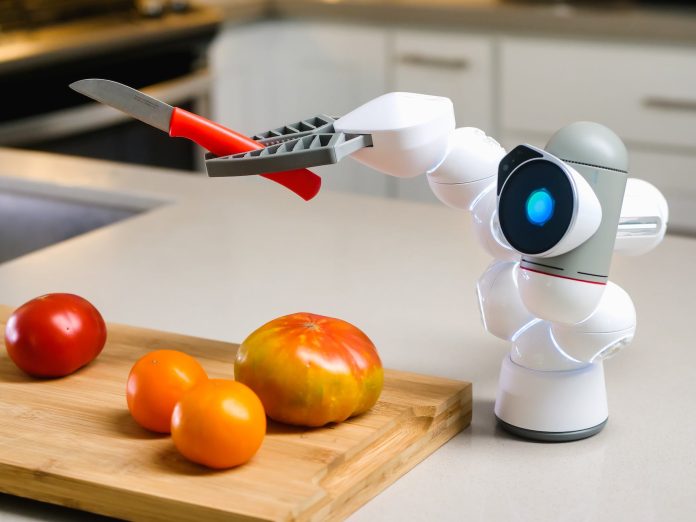Humanoid Robots: Revolutionizing Industries with AI-Powered Automation
Imagine a world where machines possess human-like qualities, seamlessly integrating into our daily lives and transforming industries with their unparalleled efficiency. This is the reality that humanoid robots, powered by artificial intelligence (AI), are bringing to the forefront of technological advancements.
Humanoid robots, with their striking resemblance to humans, have captured the imagination of scientists, engineers, and the general public alike. These robots are equipped with AI algorithms that enable them to learn, adapt, and perform tasks with incredible precision, making them invaluable assets in various industries.
One industry that has seen a significant impact from humanoid robots is manufacturing. Traditionally, assembly lines have been dominated by human workers who tirelessly perform repetitive tasks. However, with the introduction of humanoid robots, these monotonous jobs can now be delegated to machines, freeing up human workers to focus on more complex and creative tasks. This not only increases productivity but also reduces the risk of workplace injuries, as robots are immune to physical strain and fatigue.
Moreover, humanoid robots have also found their place in the healthcare industry. With their advanced AI capabilities, these robots can assist doctors and nurses in a myriad of ways. They can perform delicate surgical procedures with unparalleled precision, reducing the margin of error and improving patient outcomes. Additionally, humanoid robots can provide companionship and emotional support to patients, especially those suffering from mental health issues or loneliness. This human-like interaction helps alleviate stress and promotes a sense of well-being.
The retail industry is yet another sector that has embraced the power of humanoid robots. These robots can efficiently handle customer inquiries, provide personalized recommendations, and even assist in inventory management. By automating these tasks, businesses can enhance customer satisfaction, streamline operations, and ultimately increase profitability.
The integration of AI-powered humanoid robots extends beyond these industries, with applications in education, hospitality, and even space exploration. The possibilities are endless, and the impact is profound. However, it is crucial to address the concerns surrounding the rise of humanoid robots.
One of the main concerns is the potential displacement of human workers. As humanoid robots become more advanced, there is a fear that they may replace human labor entirely. While it is true that certain jobs may be automated, it is important to remember that these robots are designed to complement human capabilities, not replace them. By delegating mundane tasks to robots, humans can focus on tasks that require creativity, critical thinking, and emotional intelligence.
In conclusion, humanoid robots are revolutionizing industries with their AI-powered automation. From manufacturing to healthcare to retail, these robots are transforming the way we work, enhancing productivity, and improving overall efficiency. While concerns about job displacement exist, it is important to embrace the potential of humanoid robots as partners in our quest for progress. As we continue to push the boundaries of technology, these human-like machines will undoubtedly play a pivotal role in shaping the future of industries worldwide.


